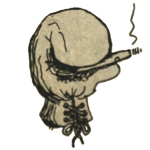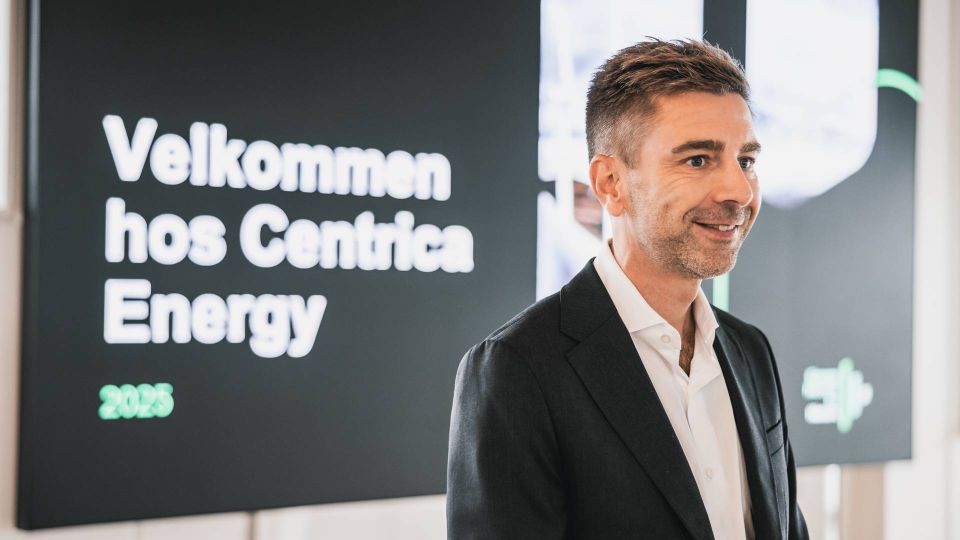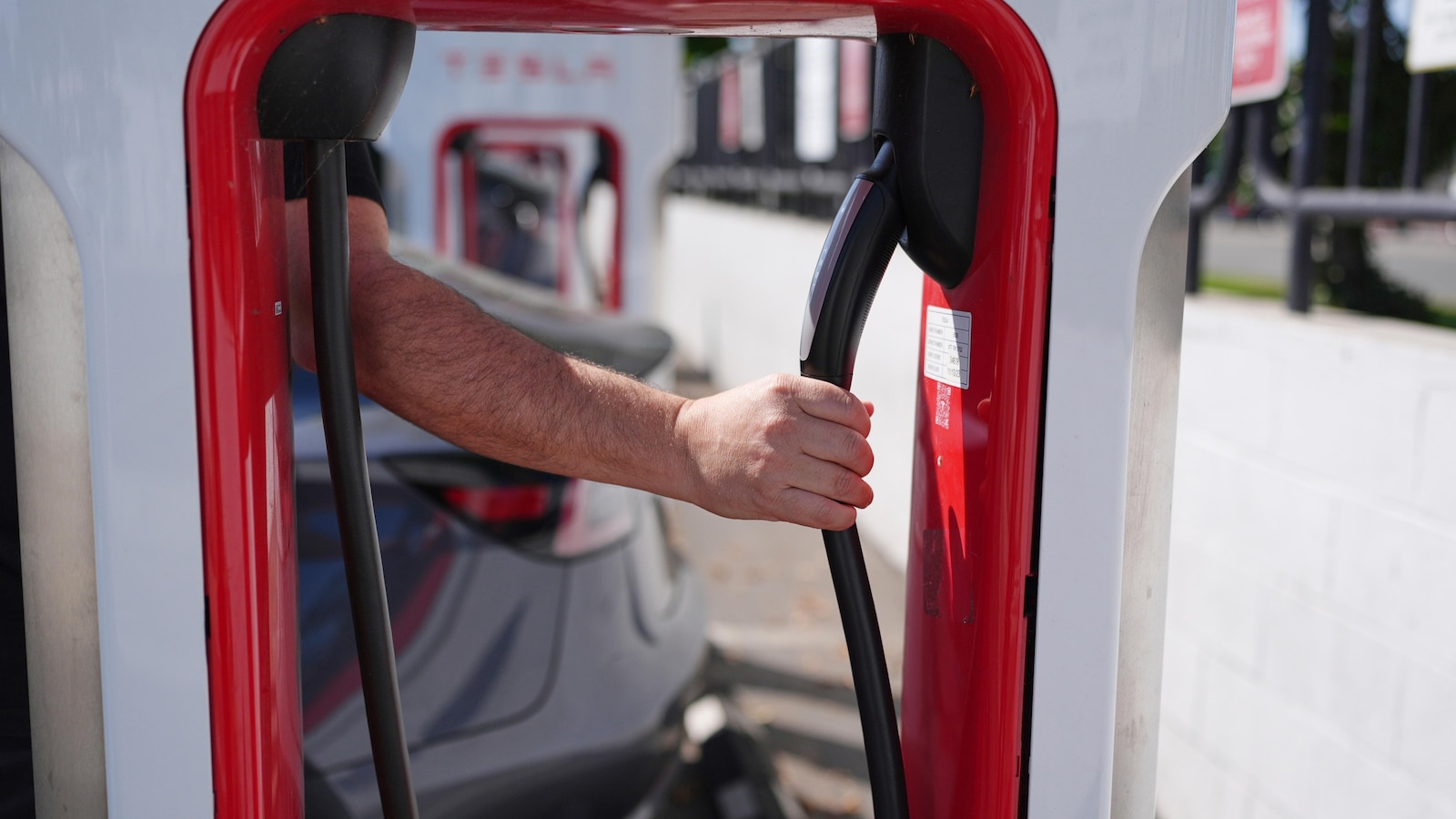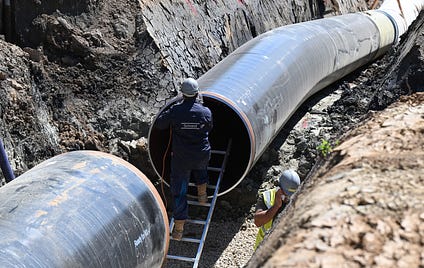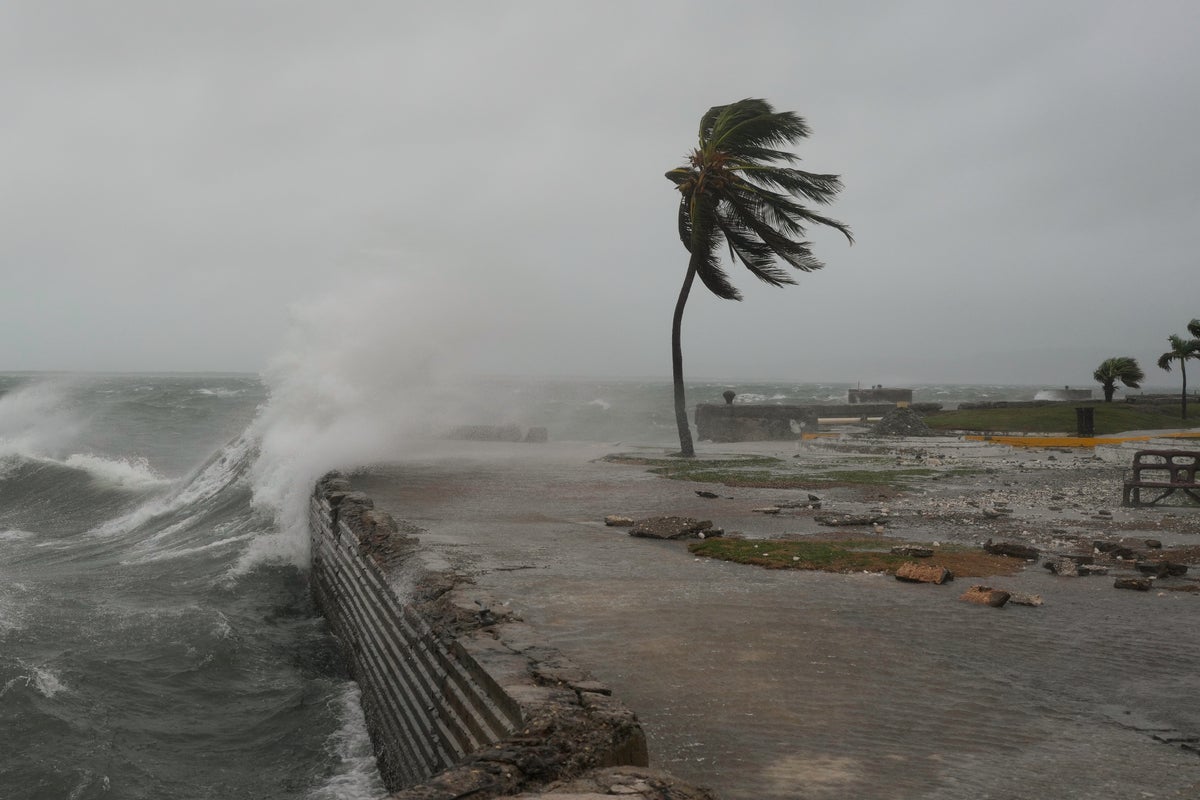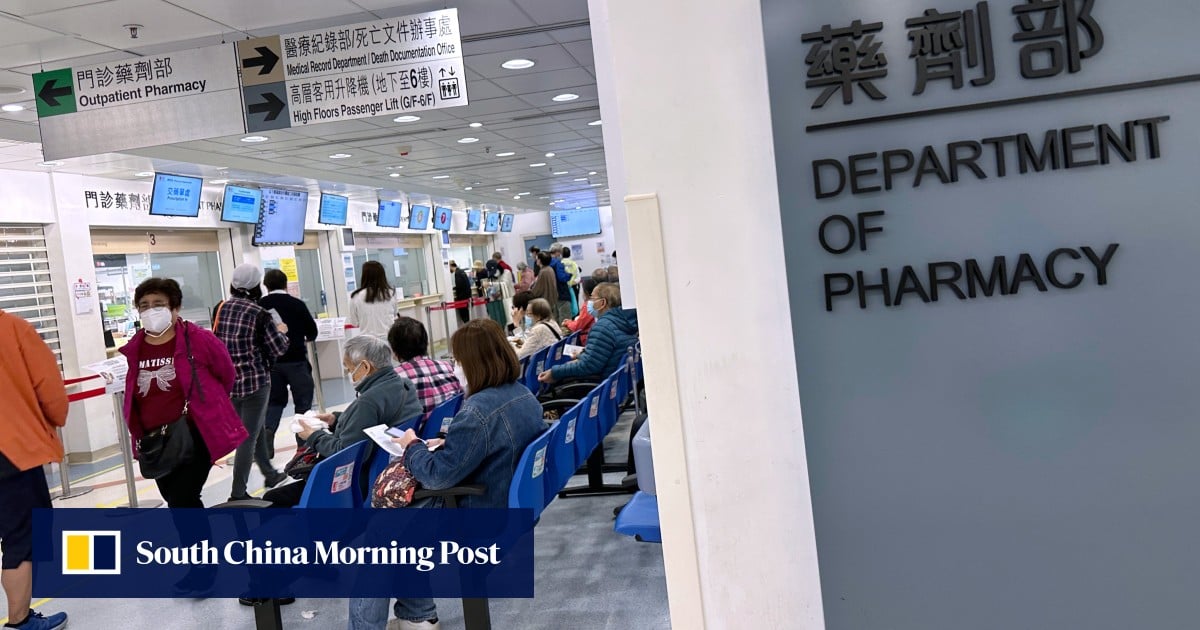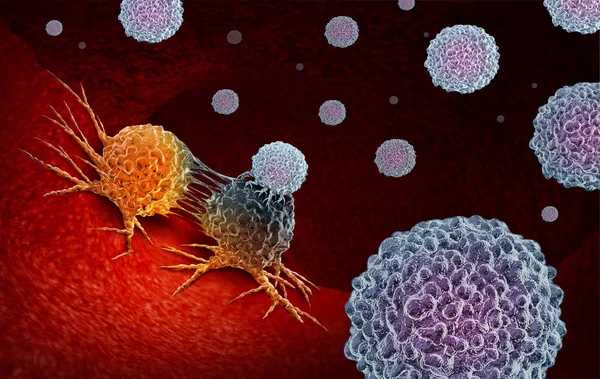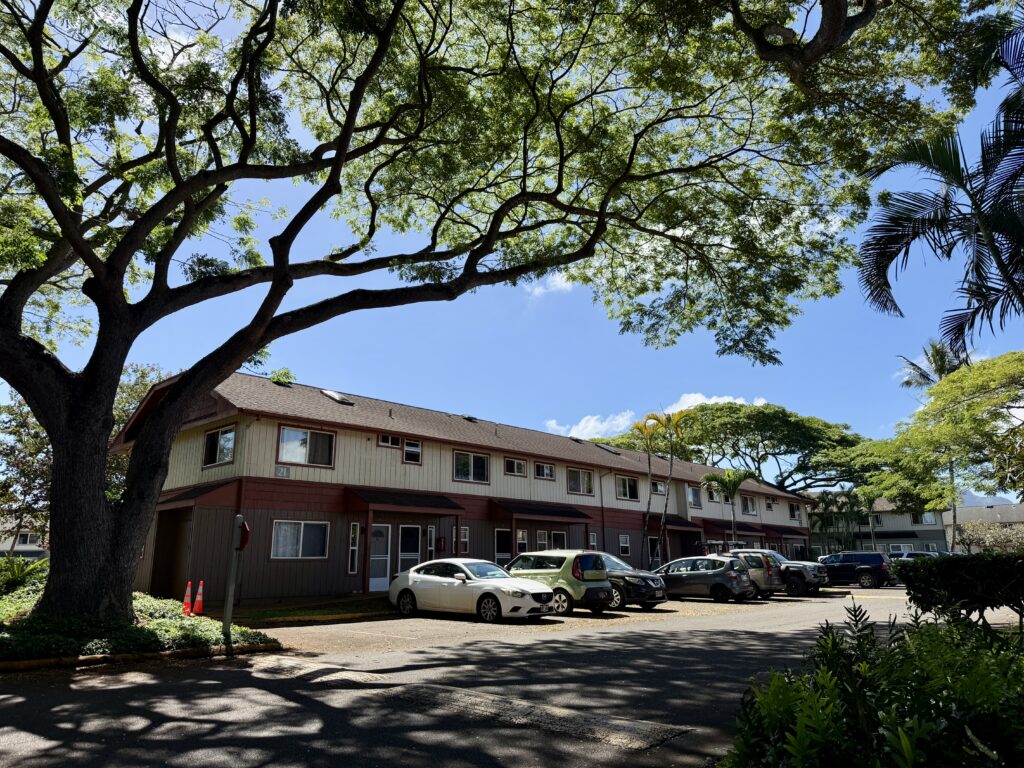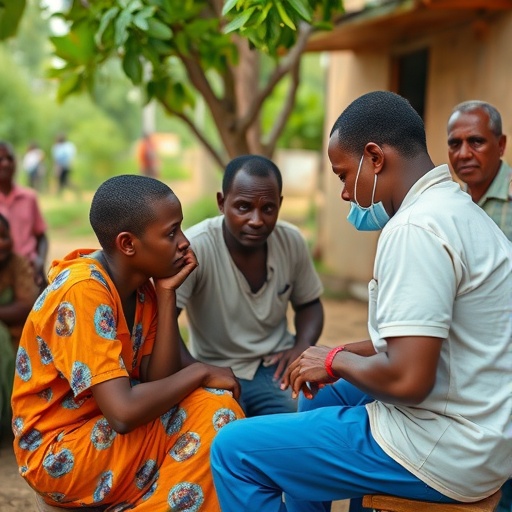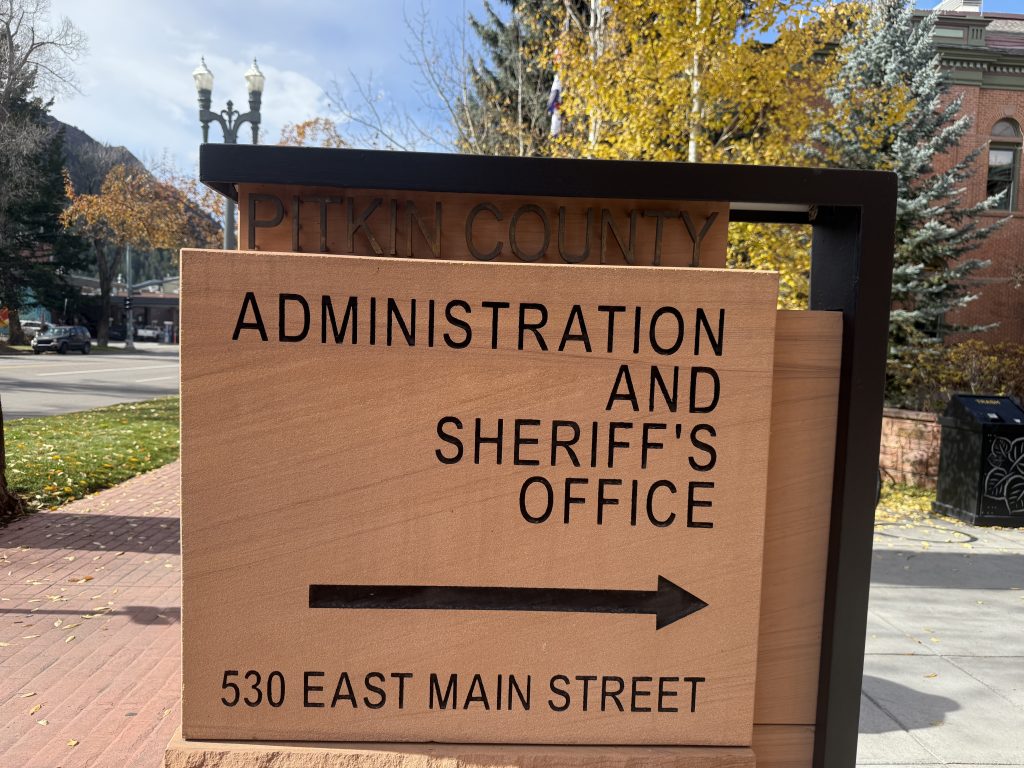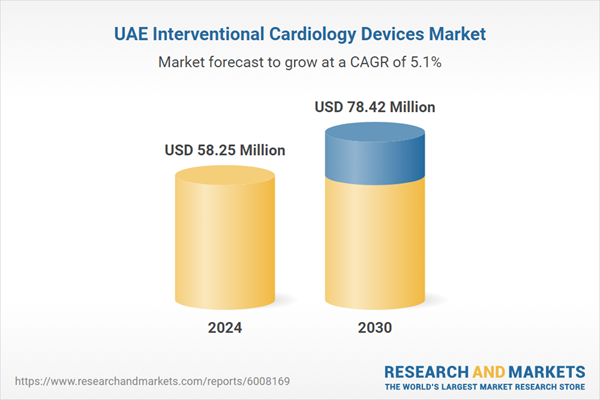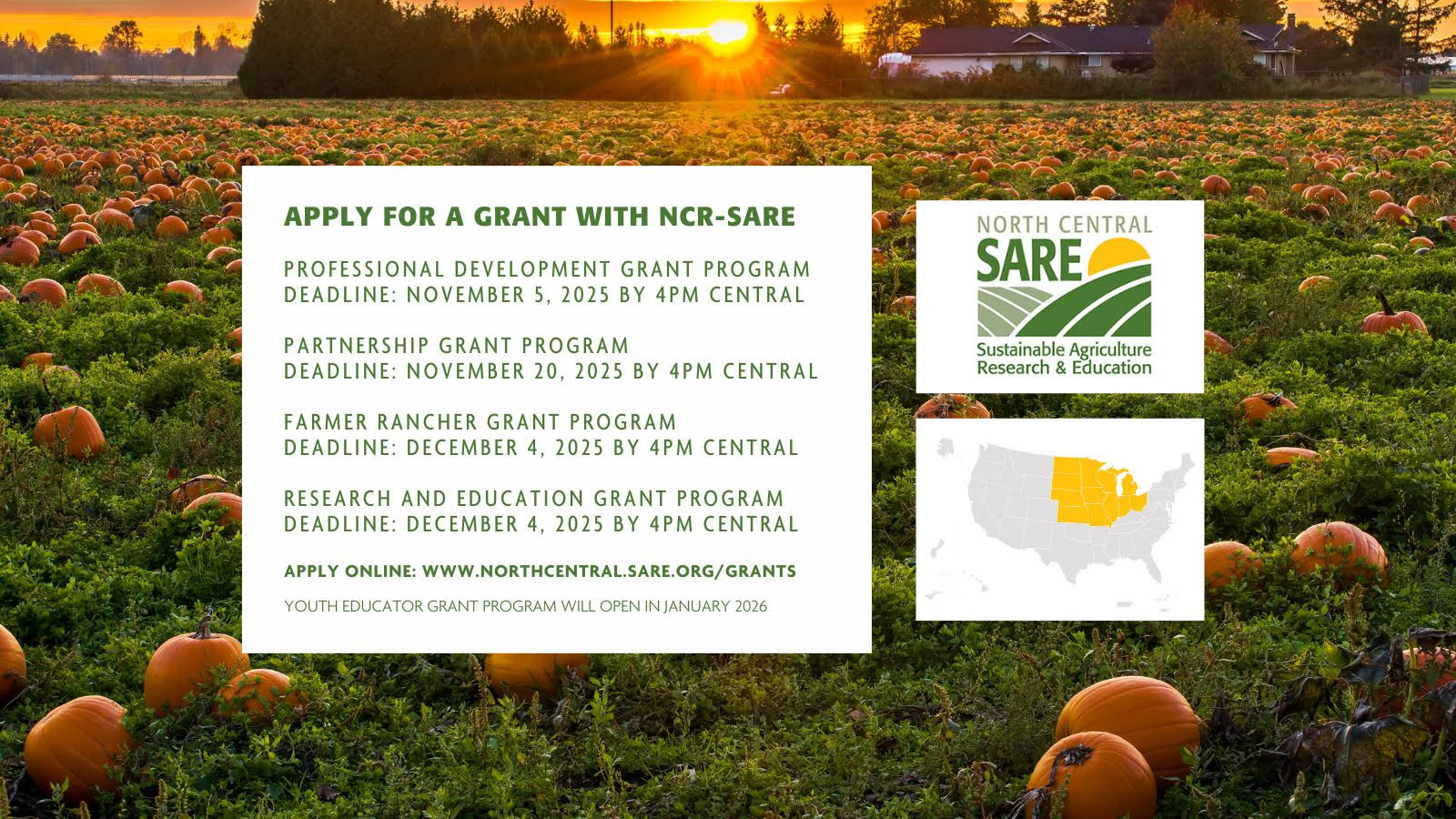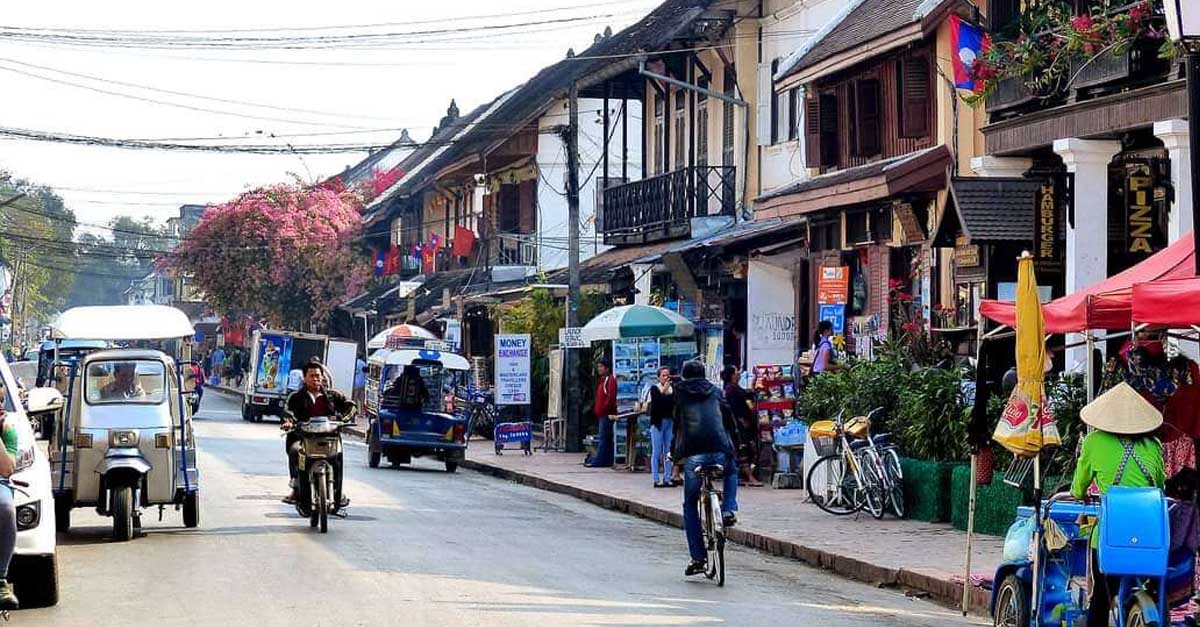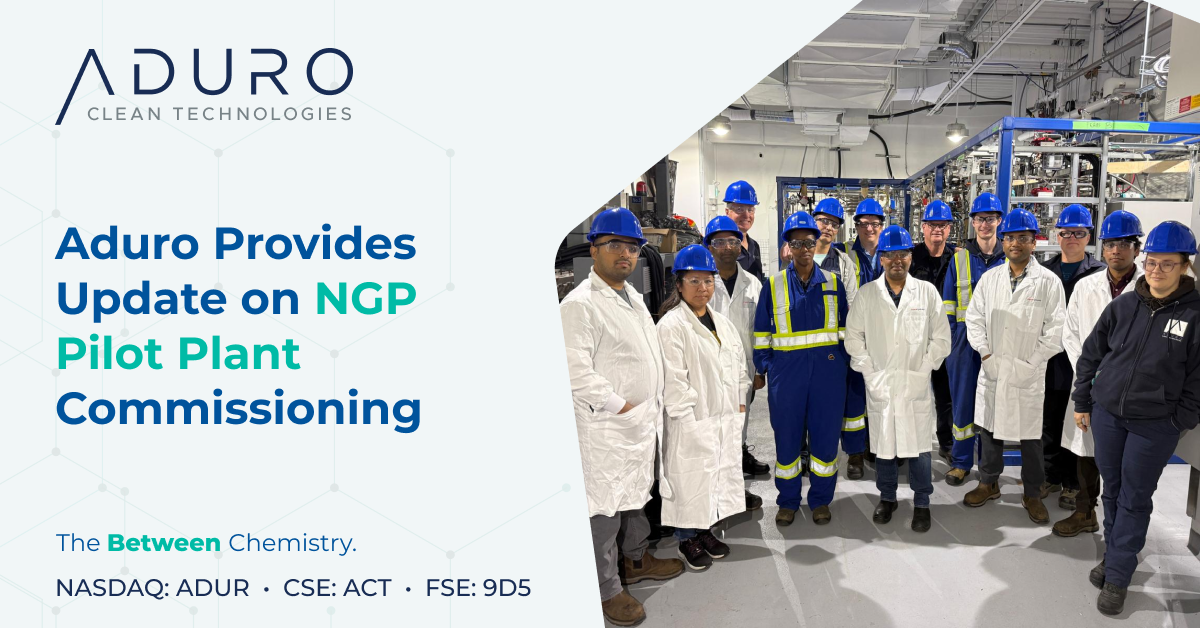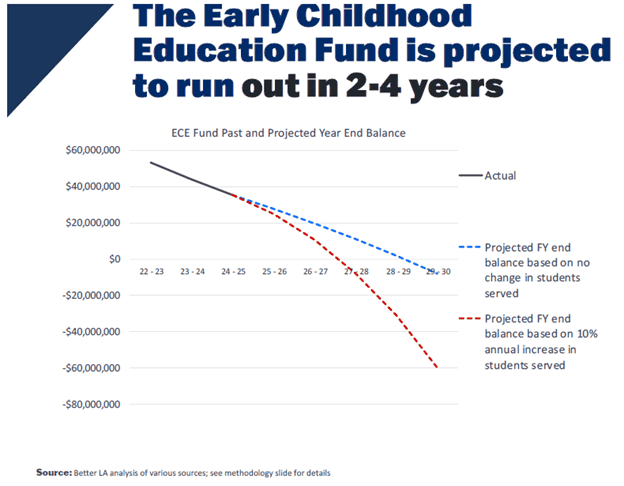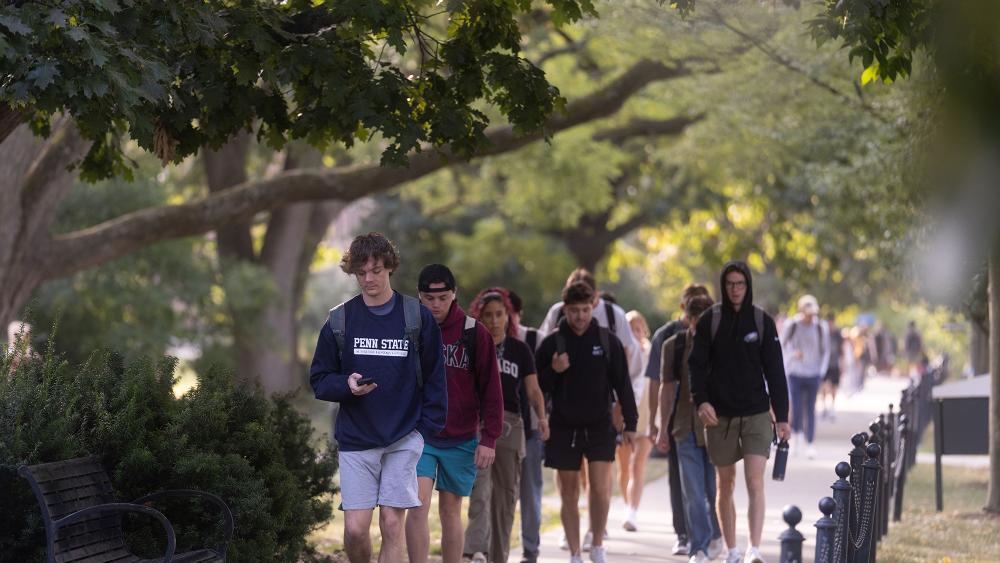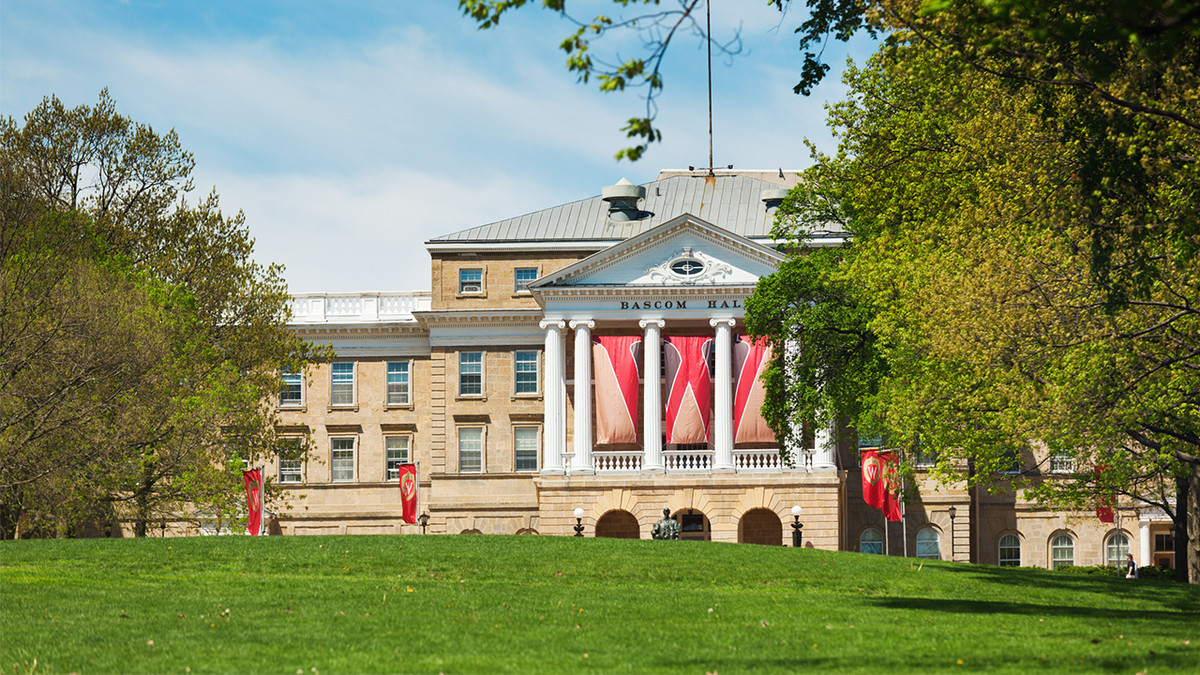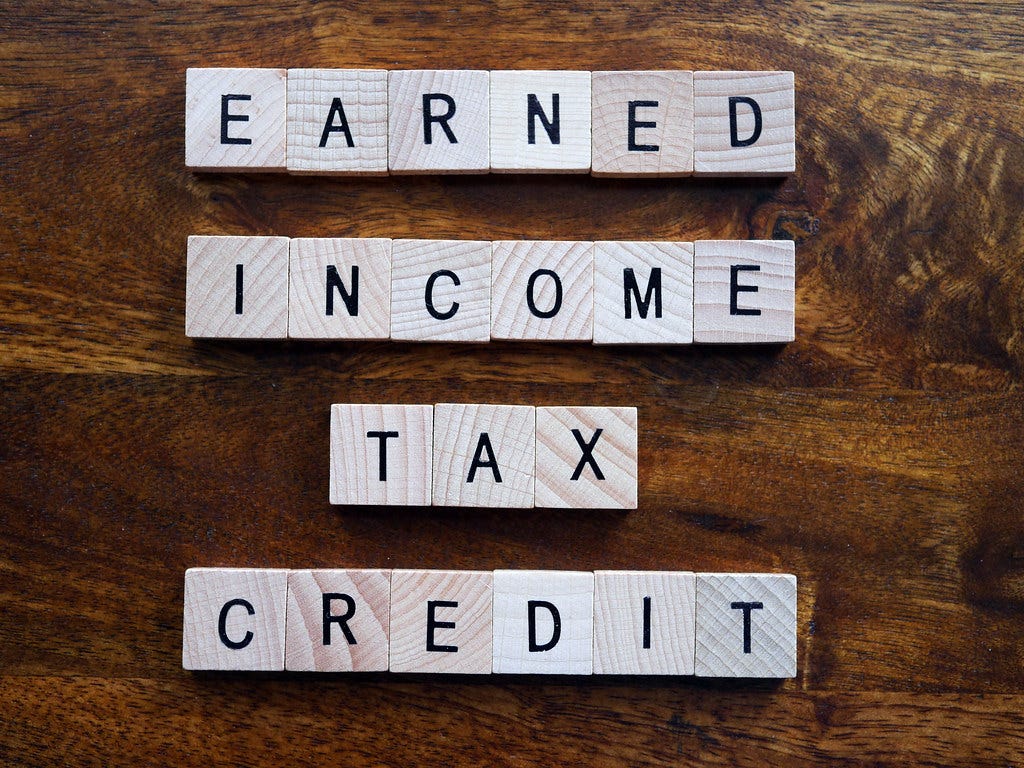LEADS: Lifelong learning is at the heart of UND – University of North Dakota

Report on the University of North Dakota’s Contribution to Sustainable Development Goals through Service and Lifelong Learning
Introduction
This report outlines the University of North Dakota’s (UND) commitment to community service and lifelong learning, as detailed in the UND LEADS Strategic Plan. The initiatives presented demonstrate a strong alignment with several United Nations Sustainable Development Goals (SDGs), particularly SDG 4 (Quality Education), SDG 8 (Decent Work and Economic Growth), SDG 10 (Reduced Inequalities), and SDG 17 (Partnerships for the Goals). The university’s efforts focus on extending educational resources to the broader community, thereby serving the evolving needs of North Dakota and the global community.
Key Initiatives and SDG Impact
Office of Extended Learning: Advancing SDG 4 and SDG 8
The UND Office of Extended Learning is central to the university’s mission of providing lifelong learning opportunities. Its programs are designed to foster continuous personal and professional growth, directly contributing to SDG 4 (Quality Education) by ensuring inclusive and equitable education and promoting lifelong learning opportunities for all. These programs also support SDG 8 by promoting sustained, inclusive, and sustainable economic growth.
- Nutrition and Foodservice Professional Training: This program prepares individuals for careers as Certified Dietary Managers and Certified Food Protection Professionals. It directly supports SDG 8 by equipping participants with vocational skills for stable employment in the healthcare sector.
- Personal & Professional Development: Offering over 600 non-credit online courses, this initiative provides accessible skill enhancement opportunities, aligning with SDG 4’s target for lifelong learning and SDG 8’s goal for productive employment.
- Professional Development for Educators: By providing continuing education for pre-K/12 teachers and administrators, this program directly addresses SDG 4.c, which aims to increase the supply of qualified teachers.
- UND Community Classes: These free, monthly classes promote community engagement and make university expertise accessible to all ages. This fosters an inclusive learning environment, supporting SDG 10 (Reduced Inequalities) and SDG 11 (Sustainable Cities and Communities).
- Conference and Event Services: By managing logistics for campus events, the office facilitates collaboration and knowledge-sharing, which is fundamental to SDG 17 (Partnerships for the Goals).
Youth and Community Engagement Programs
EAA Young Eagles Workshops: Supporting SDG 4
The student-led Experimental Aircraft Association (EAA) Chapter 1342 exemplifies service through youth engagement. The chapter’s initiatives are instrumental in promoting early interest in science, technology, engineering, and mathematics (STEM) fields, a key component of SDG 4.
- Program Description: The chapter hosted 10 “Young Eagles Workshops” for over 100 elementary school students in the Grand Forks region.
- Activities: The workshops included themed, hands-on activities such as flying drones, presentations from industry professionals, and visits to the air traffic control tower.
- SDG Alignment: By providing access to technical and vocational information outside the traditional classroom, this program supports SDG 4 by inspiring the next generation of professionals in the aviation industry. The volunteer work of UND students also highlights a commitment to SDG 17.
Summer Reading Camp: Advancing SDG 4 and SDG 10
The UND Summer Reading Camp, a program with a 40-year history, is a cornerstone of the university’s community service. It directly addresses foundational educational needs and promotes equity.
- Primary Mission: The camp offers engaging literacy support to school-aged children, aiming to build reading proficiency and confidence. This work is critical to achieving SDG 4.6, which targets universal literacy and numeracy.
- Dual Benefit Structure: The camp provides a practical training ground for UND graduate and undergraduate education students, who serve as teachers. This enhances teacher quality, aligning with SDG 4.c.
- Impact on Inequality: By providing targeted skill-based interventions, the camp helps reduce educational disparities among children, contributing significantly to SDG 10 (Reduced Inequalities). The program strengthens the relationship between the university and local families, fostering community resilience in line with SDG 11.
Conclusion
The University of North Dakota’s service-oriented initiatives demonstrate a comprehensive approach to sustainable development. Through the Office of Extended Learning, youth outreach, and community-focused educational camps, UND actively contributes to the achievement of multiple SDGs. These programs underscore a long-term institutional commitment to providing quality education (SDG 4), fostering economic opportunities (SDG 8), reducing inequalities (SDG 10), and building strong partnerships (SDG 17) to create a more sustainable and prosperous future for all.
1. Which SDGs are addressed or connected to the issues highlighted in the article?
SDG 4: Quality Education
- The article is fundamentally about education, focusing on UND’s commitment to “lifelong learning” for all ages. It details numerous programs aimed at providing quality educational experiences, from professional development for adults to enrichment activities for school-aged children. Specific initiatives like the “Office of Extended Learning,” the “Summer Reading Camp,” and the “EAA Young Eagles Workshops” directly support the goal of inclusive and equitable quality education.
SDG 17: Partnerships for the Goals
- The article emphasizes collaboration as a core component of UND’s service mission. The UND LEADS Strategic Plan is cited as promoting “engaging in collaborations that serve the evolving needs of our people, tribal nations, the State of North Dakota, and our global community.” The partnership between UND Aerospace and the Experimental Aircraft Association (EAA) to host workshops is a prime example of a civil society partnership to achieve educational goals.
SDG 8: Decent Work and Economic Growth
- Several programs mentioned in the article are designed to equip individuals with skills for employment and career advancement. The “Nutrition and Foodservice Professional Training” explicitly “prepares individuals to meet nutritional needs in health care and institutional settings” and trains “Certified Dietary Managers.” Similarly, the “Professional Development for Educators” program provides courses to enhance the skills of teachers and administrators, contributing to a more qualified workforce.
SDG 11: Sustainable Cities and Communities
- The university’s outreach efforts aim to strengthen its local community. The article highlights the mission to “carry the University to the people” and bring “the campus and community together.” The “UND Community Classes,” which are free monthly offerings, are a direct effort to create inclusive community engagement and provide learning experiences that enhance the quality of life in the region.
2. What specific targets under those SDGs can be identified based on the article’s content?
SDG 4: Quality Education
-
Target 4.3: By 2030, ensure equal access for all women and men to affordable and quality technical, vocational and tertiary education, including university.
- The article describes UND’s long-standing mission of an “Extension Division” to “carry the University to the people.” The modern “Office of Extended Learning” continues this by offering over 600 online, non-credit courses, making learning accessible beyond a traditional four-year degree.
-
Target 4.4: By 2030, substantially increase the number of youth and adults who have relevant skills, including technical and vocational skills, for employment, decent jobs and entrepreneurship.
- The “Nutrition and Foodservice Professional Training” program directly addresses this by training “Certified Dietary Managers and Certified Food Protection Professionals.” The EAA workshops introduce children to the “aviation industry,” planting seeds for future technical careers.
-
Target 4.c: By 2030, substantially increase the supply of qualified teachers…
- The “Professional Development for Educators” program provides “innovative teaching and learning opportunities” for current teachers and administrators. Furthermore, the “Summer Reading Camp” serves as a practical training ground where “UND graduate and undergraduate students serve as teachers,” applying “research-based best teaching practices” and thus improving the quality and supply of future educators.
SDG 17: Partnerships for the Goals
-
Target 17.17: Encourage and promote effective public, public-private and civil society partnerships, building on the experience and resourcing strategies of partnerships.
- The article showcases this target through the collaboration between UND (a public university) and the “Experimental Aircraft Association’s Chapter 1342” (a civil society organization) to host the Young Eagles Workshops. The entire “Service” core value of the UND LEADS plan is built on forming such collaborations.
3. Are there any indicators mentioned or implied in the article that can be used to measure progress towards the identified targets?
For SDG 4: Quality Education
- Number of educational offerings: The article states that the “Personal & Professional Development programs offer more than 600 non-credit courses.” This is a direct measure of the scale of accessible learning opportunities (Target 4.3).
- Number of youth participants: Progress in engaging young learners is measured by the “10 EAA Young Eagles Workshops” that served “more than 100 third- to fifth-grade students” (Target 4.4).
- Longevity and continuity of programs: The article implies sustained impact by noting the “Nutrition and Foodservice Professional Training” program has been running for “more than 50 years” and the “Summer Reading Camp” for “more than 40 years.”
- Number of teachers trained: An implied indicator is the number of “UND graduate and undergraduate students” who “serve as teachers” in the Summer Reading Camp, thereby gaining practical skills (Target 4.c).
For SDG 17: Partnerships for the Goals
- Existence of formal partnerships: The specific mention of the student-led “EAA Chapter 1342” working with the “UND Aerospace community” is an indicator of an active civil society partnership (Target 17.17).
- Strategic commitment to collaboration: The inclusion of collaboration with “tribal nations, the State of North Dakota, and our global community” in the “UND LEADS Strategic Plan” serves as a high-level indicator of institutional commitment to partnership.
4. Create a table with three columns titled ‘SDGs, Targets and Indicators” to present the findings from analyzing the article.
| SDGs | Targets | Indicators |
|---|---|---|
| SDG 4: Quality Education |
4.3: Ensure equal access to affordable and quality tertiary education.
4.4: Increase the number of youth and adults with relevant skills for employment. 4.c: Increase the supply of qualified teachers. |
– “more than 600 non-credit courses” offered online. – “10 EAA Young Eagles Workshops” hosted. – “more than 100 third- to fifth-grade students” participated. – “Summer Reading Camp” has been in existence for “more than 40 years.” – “UND graduate and undergraduate students serve as teachers” in the camp. |
| SDG 17: Partnerships for the Goals | 17.17: Encourage and promote effective public, public-private and civil society partnerships. |
– Collaboration between UND and “EAA Chapter 1342.” – Strategic plan to engage in collaborations with “tribal nations, the State of North Dakota, and our global community.” |
| SDG 8: Decent Work and Economic Growth | 8.6: Substantially reduce the proportion of youth not in employment, education or training. |
– Provision of “Nutrition and Foodservice Professional Training” to become “Certified Dietary Managers.” – “Professional Development for Educators” program offers continuing education. |
| SDG 11: Sustainable Cities and Communities | 11.3: Enhance inclusive and sustainable urbanization and capacity for participatory planning. | – “UND Community Classes” provide “Monthly, free offerings” to bring the campus and community together. |
Source: blogs.und.edu

What is Your Reaction?
 Like
0
Like
0
 Dislike
0
Dislike
0
 Love
0
Love
0
 Funny
0
Funny
0
 Angry
0
Angry
0
 Sad
0
Sad
0
 Wow
0
Wow
0






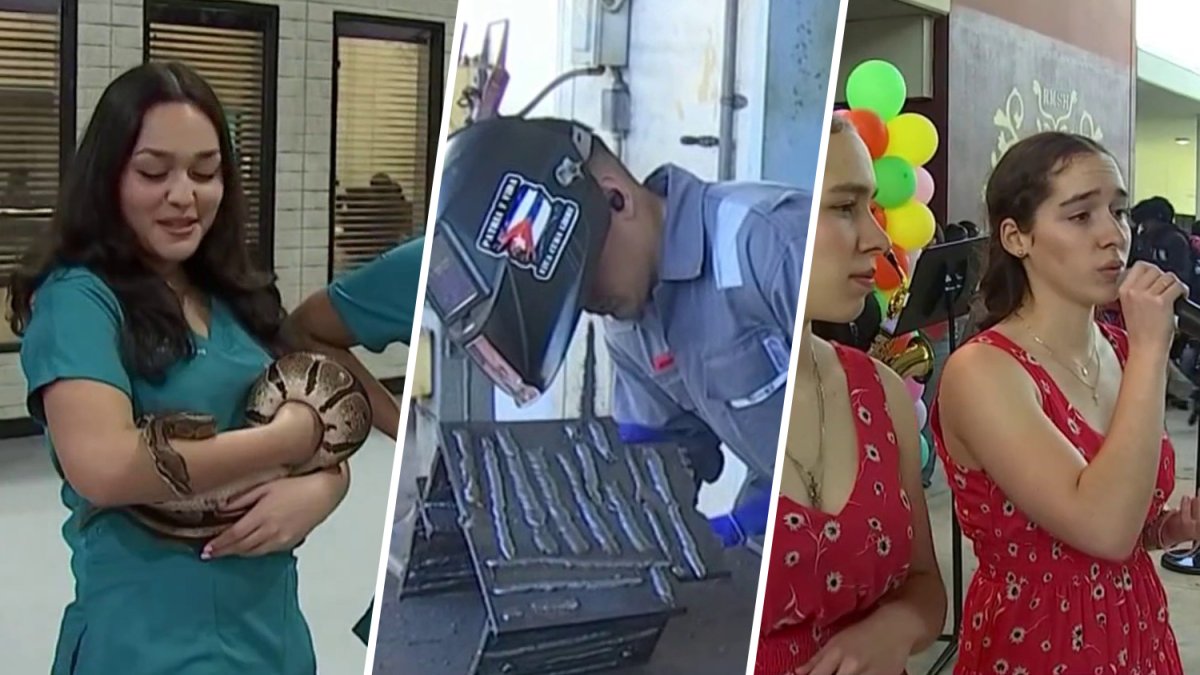
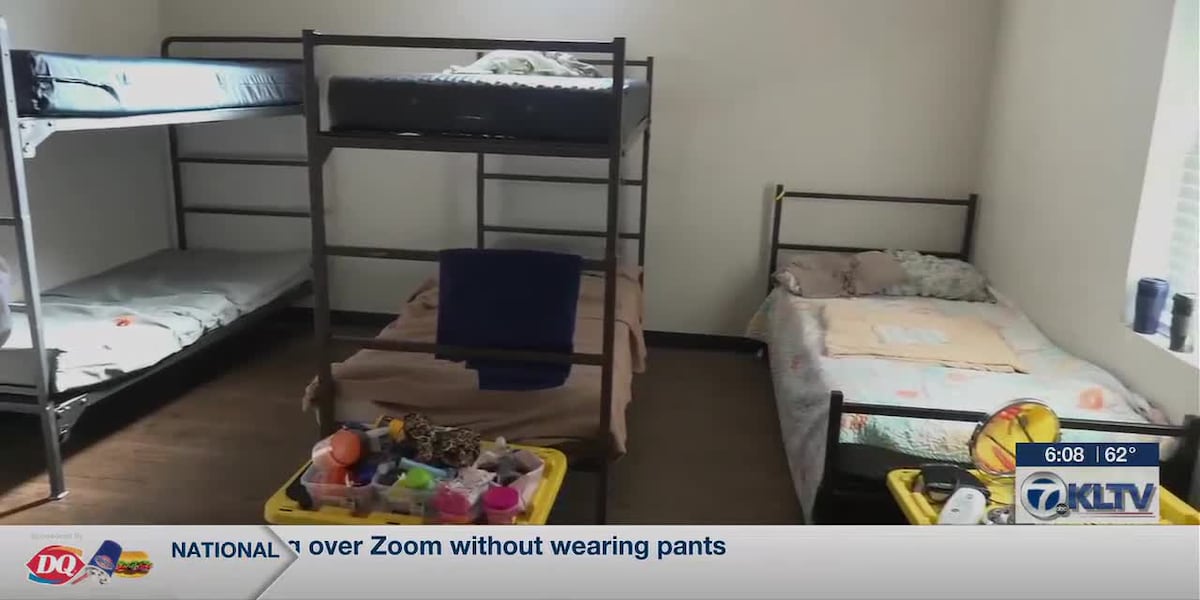
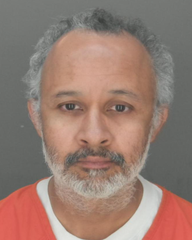




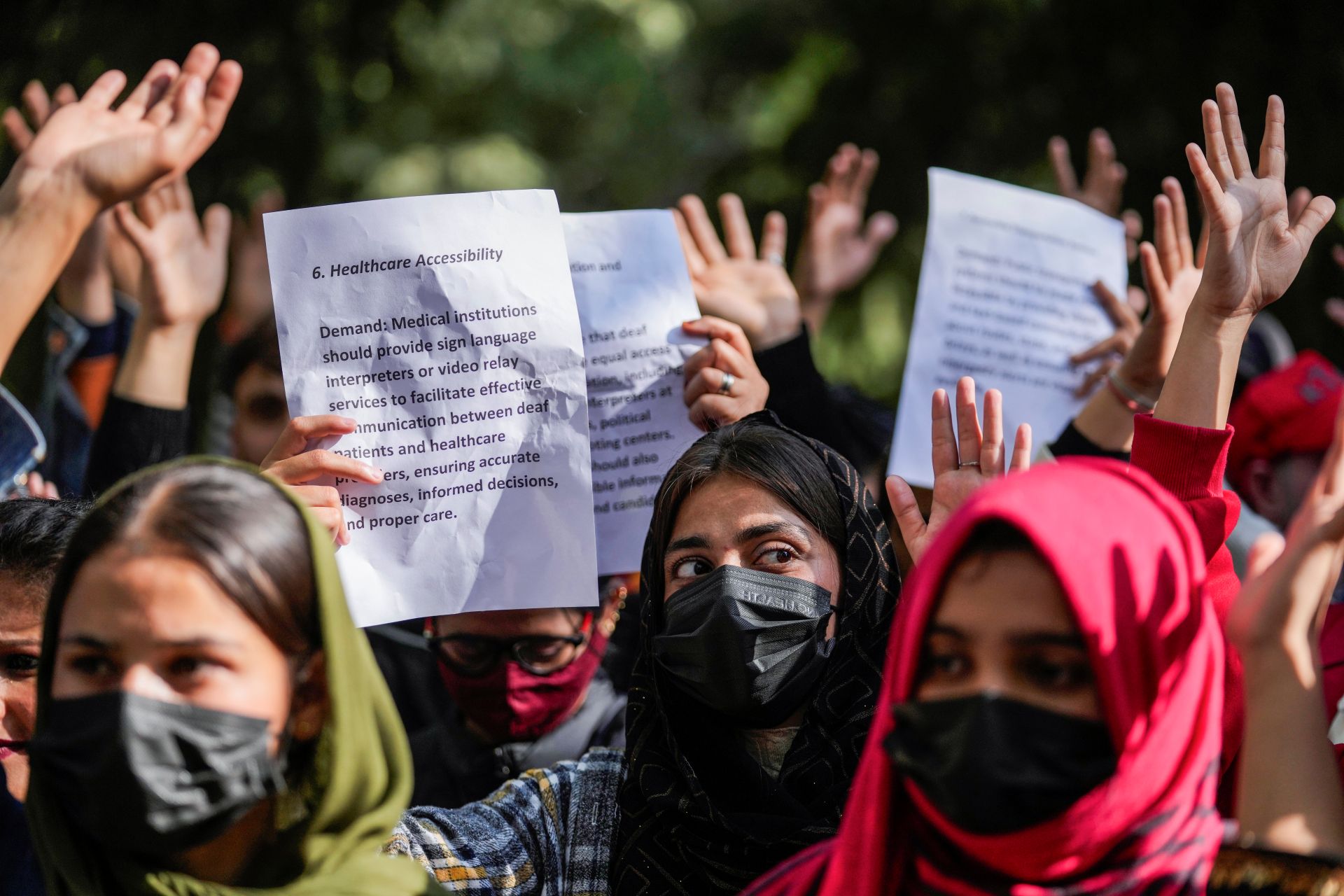









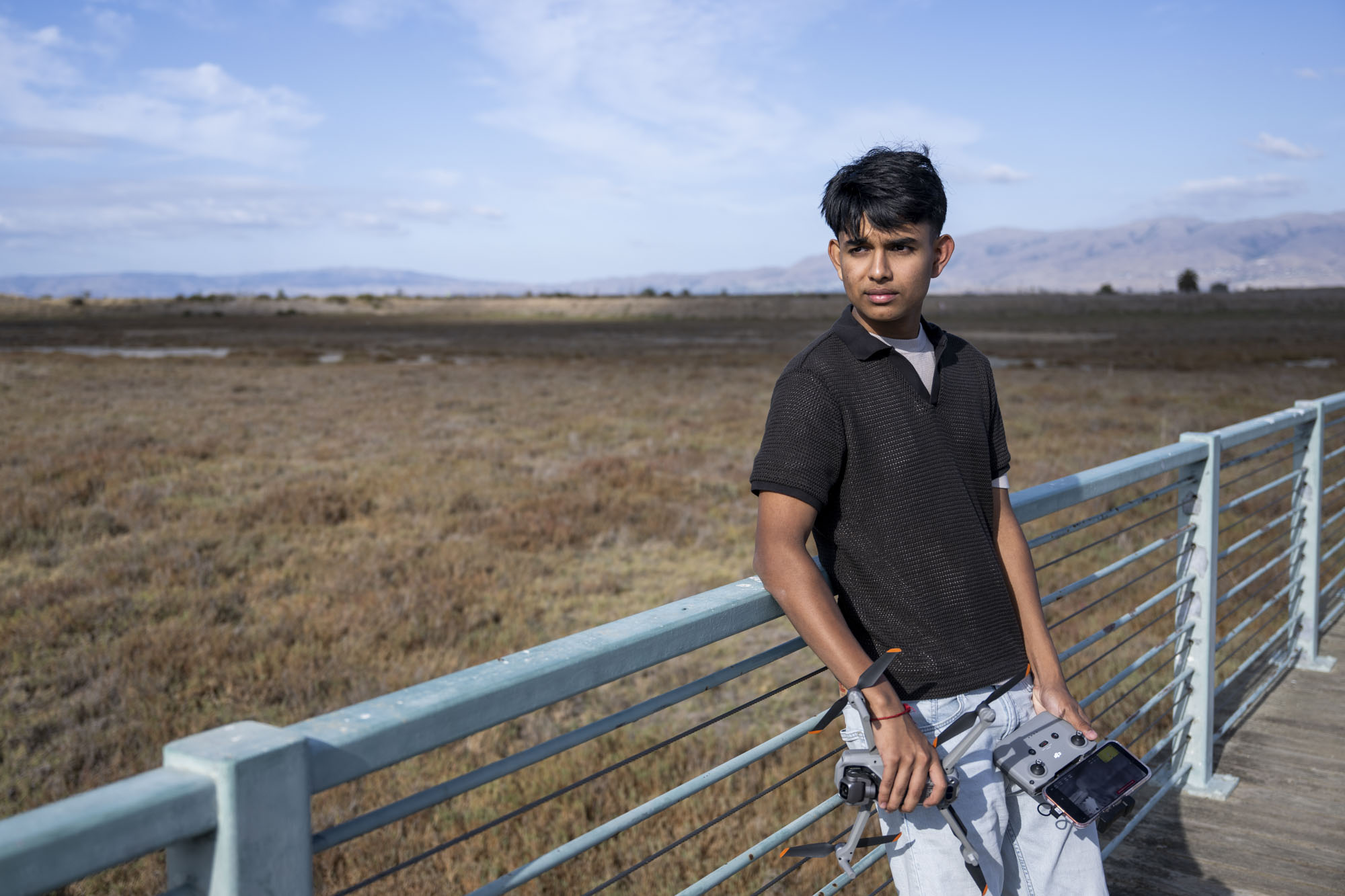

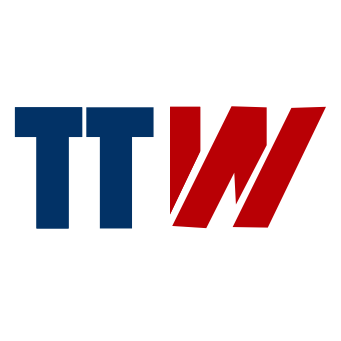

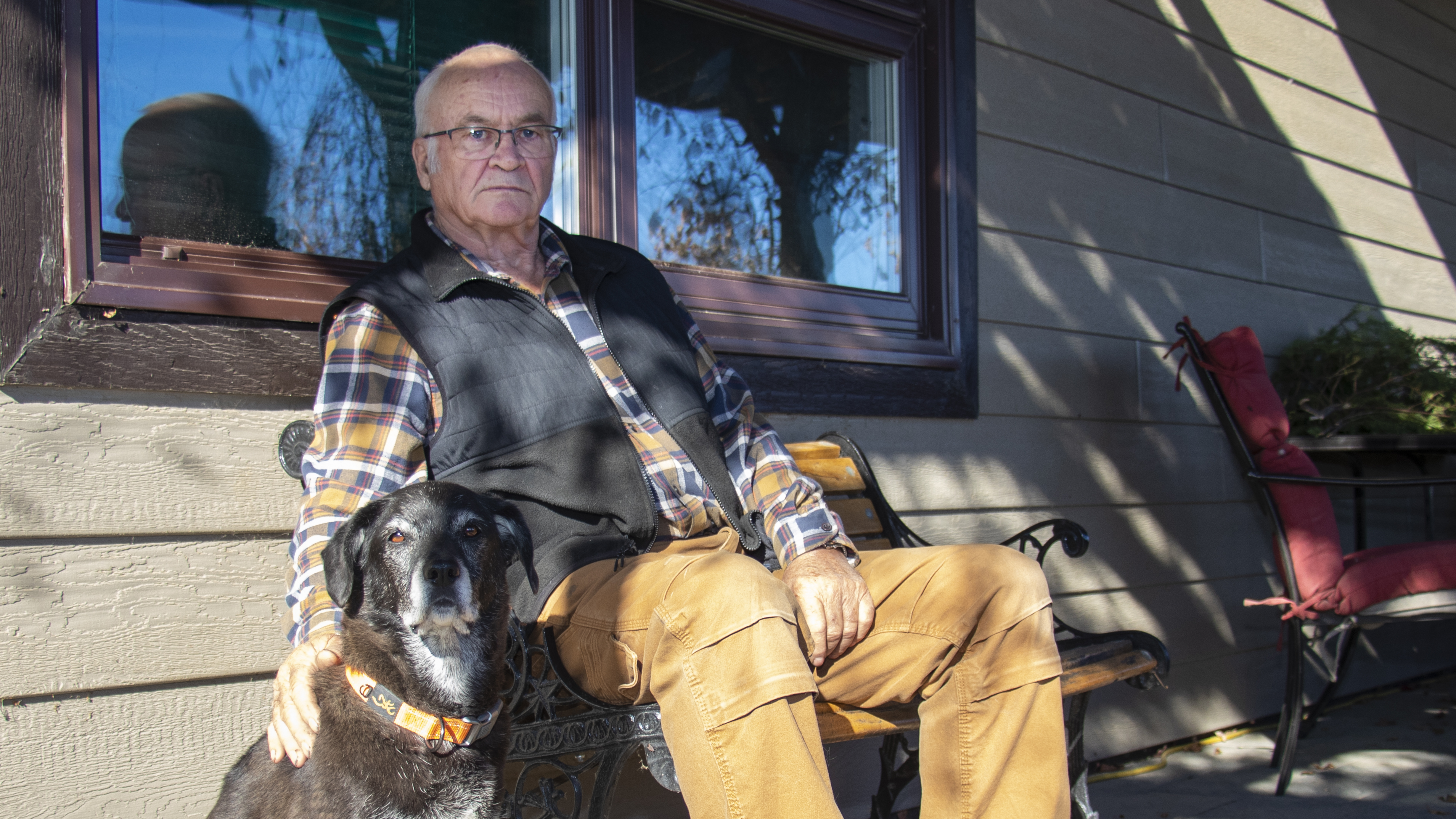;Resize=805#)
